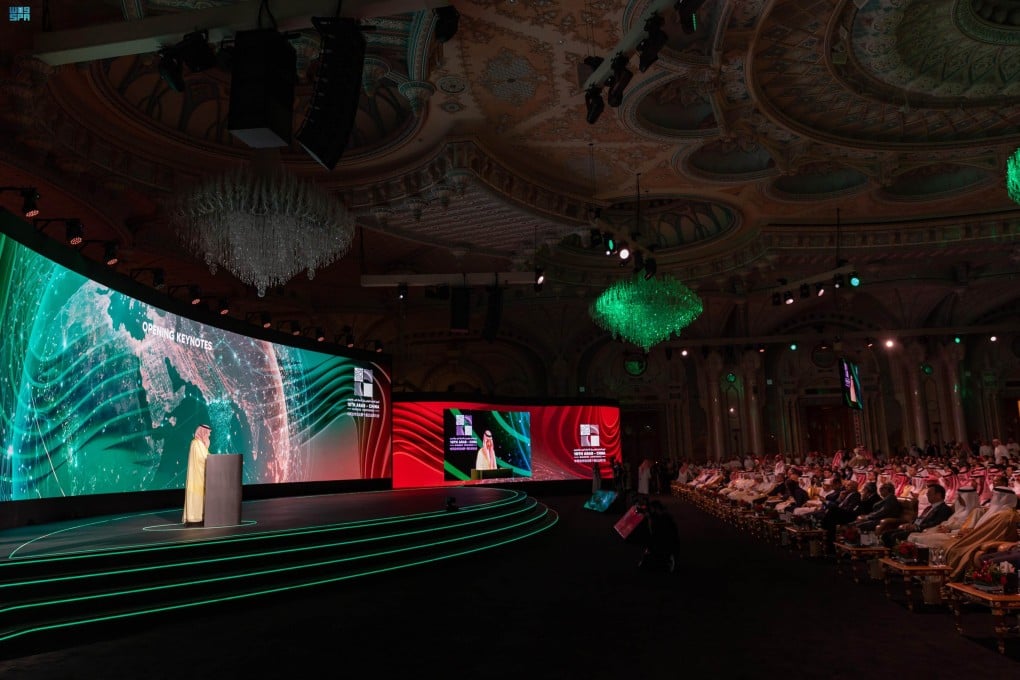Arab-China Business Conference: Chinese EV firm Human Horizons’ US$5.6 billion deal among agreements signed during two-day summit
- Investment in Saudi Arabia will benefit Chinese firms facing heated competition at home, East China University of Science and Technology professor says
- Human Horizons’ agreement with Saudi’s investment ministry comes amid a push by Riyadh to develop a domestic EV manufacturing industry

A two-day business conference between China and the Arab world has ended in Riyadh with investment deals worth US$10 billion, more than half of which came in a partnership signed by Chinese electric car maker Human Horizons and Saudi Arabia’s investment ministry.
The joint-venture will conduct “automotive research, development, manufacturing and sales” as part of a US$5.6 billion deal.
The conference, which followed a high-profile visit to Saudi Arabia by Chinese President Xi Jinping last December, saw deals being signed by Chinese firms from sectors such as technology, renewable energy, agriculture, real estate, metals, tourism and healthcare. The conference, which has been hosted by Riyadh for the first time, is now in its 10th year. This year’s edition drew more than 3,500 attendees.
“Chinese companies now have a better chance of building infrastructure, assembling electric vehicles [EVs], running new-energy projects and developing technology businesses in Saudi Arabia now that the Middle Eastern country embarks on its Vision 2030 strategy,” said Yan Jinglan, a professor of foreign studies at the East China University of Science and Technology in Shanghai. “Investment and production in the Kingdom will benefit some Chinese firms, particularly manufacturers who face heated competition at home.”
Saudi’s Vision 2030 strategy is a development plan aimed at reducing the country’s reliance on oil and transforming its economy.